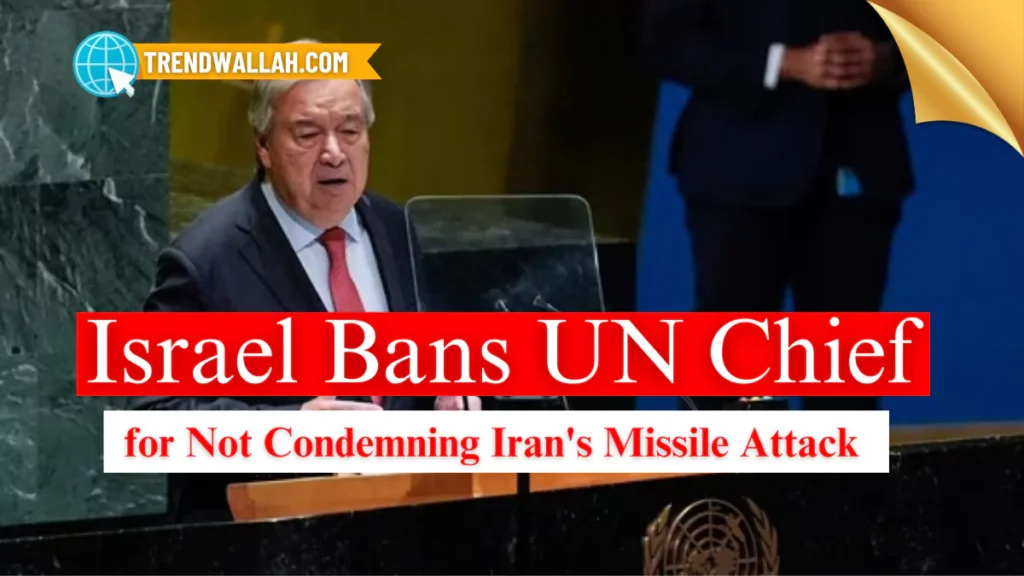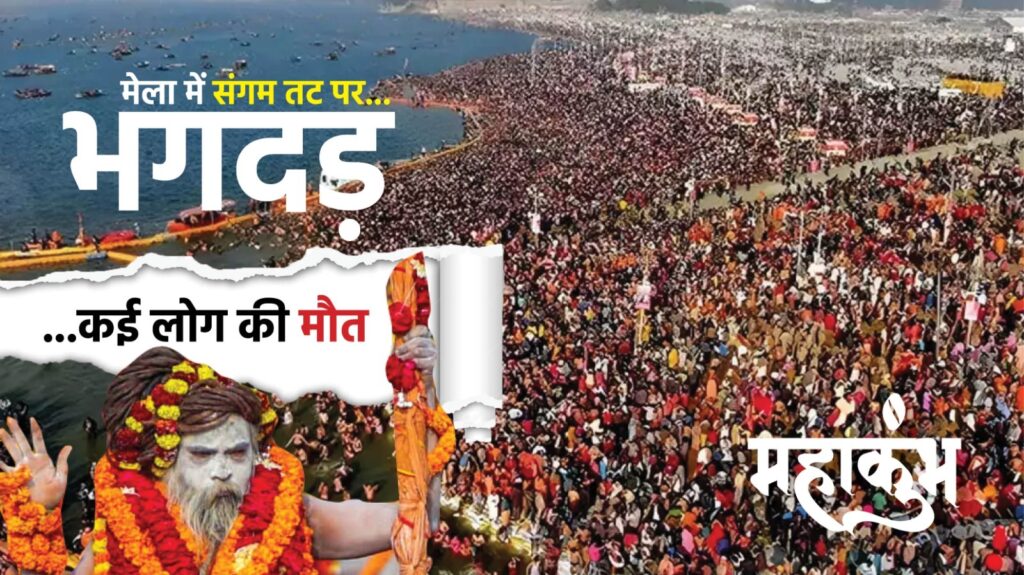
On Wednesday, Israel declared UN Secretary-General António Guterres as persona non grata and banned him from entering the country. This decision came after Guterres failed to directly condemn Iran’s missile attack on Israel, which took place on October 1, 2024.
Reasons Behind Israel’s Decision to Ban Un Chief
Israeli Foreign Minister Israel Katz announced the decision on the social media platform X (formerly Twitter). Katz criticized Guterres for not unequivocally condemning Iran’s actions, as other nations had done. He stated that “anyone who cannot unequivocally condemn Iran’s heinous attack on Israel does not deserve to step foot on Israeli soil.”
The move follows rising tensions in the Middle East, particularly after Iran launched 180 ballistic missiles at Israel. The attack was believed to be in retaliation for Israel’s strikes, which killed key figures from groups like Hezbollah and Hamas.
UN Chief’s Response to the Conflict
Following the missile attack, Guterres expressed concern about the ongoing escalation in the Middle East but did not mention Iran or Israel specifically in his statement. He called for an immediate ceasefire to prevent further conflict, emphasizing that “escalation after escalation must stop.” His comments were seen by Israel as insufficient, given the severity of the missile strike.
Global Impact of Israel Bans UN Chief’s Decision
Israel’s decision to ban the UN chief could further strain relations between Israel and the United Nations. The UN, led by Guterres, has consistently called for peace and ceasefire in the Middle East, but Israel feels that stronger condemnation of militant groups like Hamas and Hezbollah is needed. This decision could also influence other international organizations and governments’ approaches to the Middle East conflict, especially in handling Iran’s growing role in regional tensions.
Today, I have declared UN Secretary-General @antonioguterres persona non grata in Israel and banned him from entering the country.
— ישראל כ”ץ Israel Katz (@Israel_katz) October 2, 2024
Anyone who cannot unequivocally condemn Iran's heinous attack on Israel, as almost every country in the world has done, does not deserve to step…
Aims Behind the Israel Bans UN Chief
Israel’s primary motivation for banning Guterres is to assert its position on the global stage, defending its national interests and security. Israel has emphasized its commitment to safeguarding its citizens from missile threats and holding international figures accountable for not condemning attacks on its sovereignty.
Overview of the Situation Israel Bans UN Chief
| Key Event | Details |
| Date of Iran’s Missile Attack | October 1, 2024 |
| Number of Missiles | 180 ballistic missiles |
| Reason for Attack | Retaliation for Israel’s killing of militant leaders |
| UN Chief’s Response | Condemned escalation, called for ceasefire |
| Israel’s Action | Declared Guterres persona non grata, banned entry |
Israel Bans UN Chief- Key Summary
- Israel declared António Guterres persona non grata for not condemning Iran’s missile attack.
- Iran launched 180 missiles on October 1, 2024, after Israel targeted key militant leaders.
- Guterres called for a ceasefire but did not explicitly condemn Iran’s actions.
- Israel’s decision could strain international relations with the UN and other global entities.
- Israel aims to defend its national dignity and security amid increasing regional tensions.
Also Read Latest Current Affairs 2024
Israel banned Guterres for failing to condemn Iran’s missile attack on the country and for not taking a stronger stance against militant groups like Hamas and Hezbollah.
Iran launched 180 ballistic missiles on Israel in retaliation for the killings of Hezbollah and Hamas leaders by Israeli forces.
Guterres condemned the escalation in the Middle East but did not mention Iran or Israel specifically in his statement.
The ban could strain Israel’s relations with the United Nations and other countries that advocate for more neutral positions in the conflict.
The missile attack has escalated tensions in the region, with potential for further conflict between Israel, Iran, and their respective allies.
